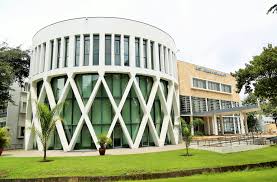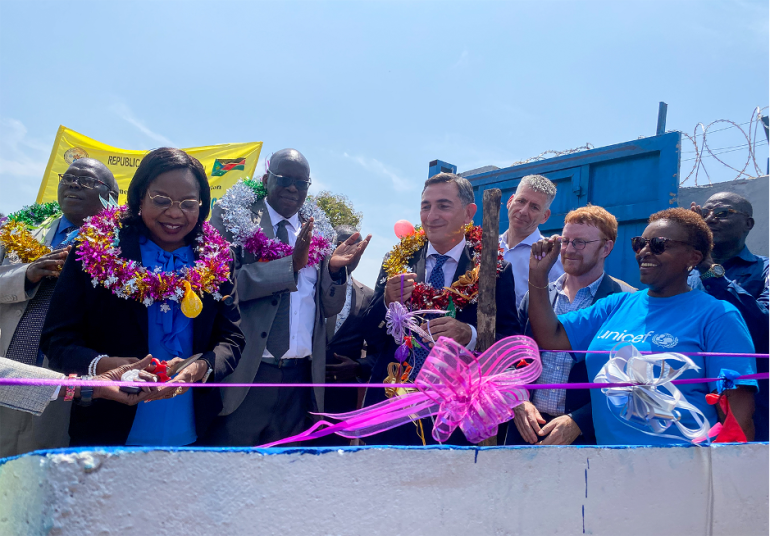The United Nations agencies and the European Union launched on Wednesday education resilience project to support returnees in rebuilding their lives and creating a better future for their children in South Sudan.
According to a joint statement issued by the EU, International Organization for Migration (IOM), the World Food Program (WFP) and the United Nations Children’s Fund (UNICEF) in Juba, the project aims to benefit more than 120,000 people who fled conflict in neighboring Sudan since April 15.
It noted that the project will focus on strengthening education, resilience, and social cohesion in areas where there are high numbers of displaced people or returnees, particularly focusing on inclusive and gender responsive quality education, sustainable livelihoods, school feeding, climate resilience, and activities to promote social cohesion.
The project also seeks to enhance adult literacy, numeracy and essential life skills.
‘’Education is a fundamental right of every child. No child should be left behind. Children living in a context of fragility, internally displaced, returnee and refugee children should therefore equally benefit from an enabling learning environment and be supported to acquire knowledge and skills,” Gabriel Leonte, EU delegation’s head of cooperation section in South Sudan said.
Leonte noted that education is an investment that should bring peace and socio-economic opportunities for the people of South Sudan.
“To achieve these valuable objectives, we call for a renewed partnership and strong government ownership, leadership, and accountability at all levels so that every child can exercise their fundamental right to education,’’ he said.
According to UNICEF, some 2.8 million children are out of school in South Sudan, which increases their psychological distress and vulnerability to violence, abuse, neglect and exploitation.
In addition, South Sudan is currently home to more than two million displaced people.
“Those who return to their homes often face new challenges such as ongoing conflict, climate-related shocks, prolonged food insecurity, hyperinflation, and unemployment that all converge to erode livelihoods and coping strategies,” it said.
Makena Walker, Acting country director for WFP in South Sudan, said that support for families returning to their homes to rebuild their lives is critical, particularly for children who remain at risk of being kept from the classroom in a context of growing food insecurity.
“For the future of South Sudan, we need these investments in programs such as school meals, nutrition treatment and prevention, and improving livelihoods which is why this funding from the European Union has been so important,” Walker said.
Hamida Lasseko, UNICEF country representative in South Sudan said education is the key to building a more peaceful, prosperous, and resilient South Sudan especially for displaced persons and returnees.
She said the project will provide the much-needed support for an inclusive and gender-responsive quality education, helping children access quality learning and contribute to more resilient communities across the country.
John McCue, IOM South Sudan chief of mission said that they are laying down roots for self-sufficiency and resilient communities by embracing an integrated multi-sectoral approach focusing on displaced populations and host communities.
“To ensure South Sudan reaches its full potential and its people lead dignified lives, our focus must shift from mere humanitarian assistance efforts to tangible development across the country,” he said.















